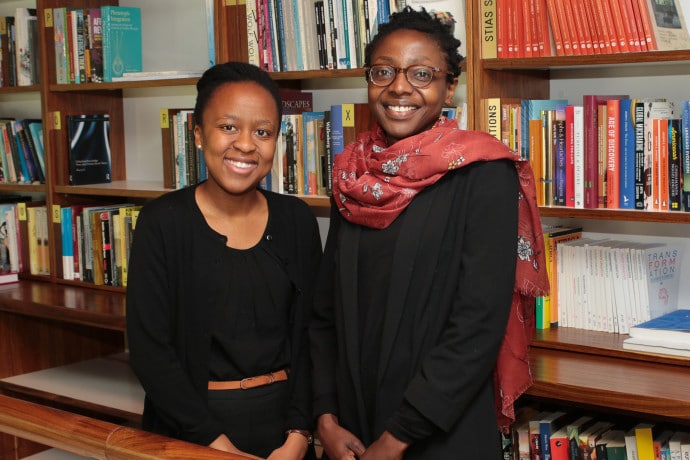Deadline: February 27, 2023
Applications are open for the STIAS Iso Lomso Fellowship Programme 2023. The Iso Lomso fellowships provide a three-year attachment to STIAS to enable fellows to develop and conduct a long-term research programme of their preference. The aim is to facilitate and support them towards becoming established scholars in their fields.
The main means of support is Stellenbosch Institute for Advanced Study (STIAS) residencies. Residential periods will be agreed mutually between the fellow, his or her home institution and STIAS, and may vary between six weeks and five months per residency. A first period of residency will typically be of longer duration to be taken up during 2024, followed by two further residencies through 2026.
Benefits
While in residence fellows receive regular STIAS fellow support which includes:
- an economy return flight;
- comfortable accommodation within walking distance from the institute;
- individual offices equipped with a PC, telephone and printer;
- a monthly stipend for daily living costs;
- access to the Stellenbosch University library (including electronic resources) and a high-speed internet connection;
- participation in the regular STIAS fellows programme, including daily lunch, weekly fellows’ seminars, STIAS public lectures and social events;
- a child care subsidy for fellows accompanied by young children while in residence.
Eligibility
Applicants must
- be a national of any African country;
- be born after the 1st of January 1980;
- have an affiliation at a research or higher education institution in an African country, and continue to do so for the foreseeable future;
- have obtained a doctoral degree from any recognised higher education institution (worldwide) after the 1st of January 2015;
- have completed a post-doctoral fellowship or equivalent post-PhD research programme;
- be in a position to commence a first period of residency at STIAS during 2024.
Evaluation Criteria
All disciplines will be considered. Applicants from non-Anglophone African countries may conduct their research in the language of preference; however, the application documents must be completed in English. Applications will be evaluated and selected on the basis of the following criteria:
- Level: the applicant’s academic excellence and the originality and scholarly strength of the proposed research project;
- Innovation: the project’s promise of new insights and the potential to produce new knowledge;
- Interdisciplinarity: whether the project methodology allows for drawing from different disciplines and its potential to facilitate an interdisciplinary discourse;
- Relevance: the project’s relevance for scholarship and knowledge production in Africa;
- Feasibility: whether the research design and the research plan are convincing and realistic.
During final selection, additional consideration will be given to:
- gender representation;
- diversity of nationalities;
- diversity of disciplines;
- participation in previous or current research projects;
- previous international experience.
Application
The following documents, all in PDF format, must accompany your application:
- A motivational cover letter of not more than one page in length.
- A pre-proposal for a three-year research project.
- One or two recent writing examples authored by the applicant (articles or book sections) related to the proposed project.
- A copy of the applicant’s doctoral certificate.
- An up-to-date Curriculum Vitae
- A letter of support from your home institution (either from the head of department, dean of faculty, principal of college, or equivalent) which contains a confirmation of the applicant’s academic position and an assurance from the institution that the applicant will be released for residential research periods.
- Two letters of recommendation from scholars who are familiar with the applicant’s work, preferably one from the applicant’s current home institution and one from another institution.
Download the application form, fill it and email to: [email protected]
(for postal entries, contact the coordinator first)
For more information, visit Iso Lomso Fellowship.

